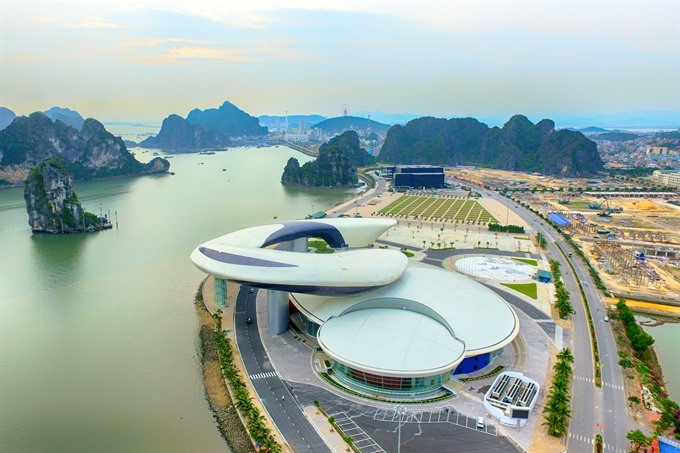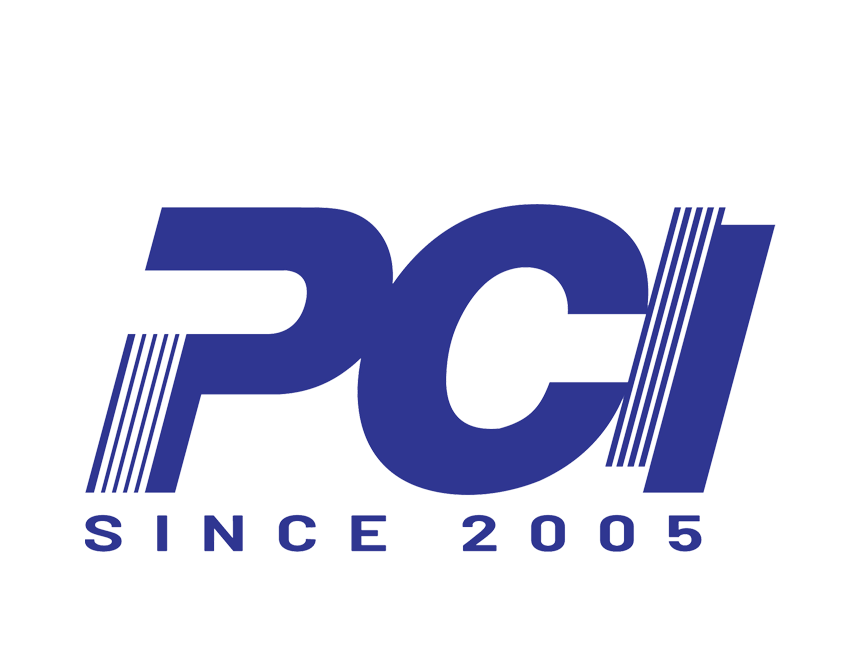Quảng Ninh tops competitive index again

Landscape of Hạ Long City, Quảng Ninh Province.The northern coastal province topped the Provincial Competitive Index (PCI) out of 63 provinces and cities nationwide for the second consecutive year in 2018. — Photo qtv.vn
In the PCI 2018 report, released on Thursday by the Việt Nam Chamber of Commerce and Industry (VCCI) and the US Agency for International Development (USAID), the city earned the top score of 70.36 points on a 100-point scale.
Quảng Ninh topped the annual ranking for the first time last year.
The PCI report has been produced every year since 2005 to assess the ease of doing business, economic governance and administrative reform efforts by provincial and city governments to promote the development of the private sector.
This is the 14th iteration. The report is based on responses from more than 12,000 enterprises, including nearly 11,000 domestic private firms from 63 provinces and cities and more than 1,500 foreign-invested enterprises in 20 provinces.
Quảng Ninh is followed closely by the three Mekong Delta provinces of Đồng Tháp (70.19 points), Long An (68.09 points) and Bến Tre (67.67 points).
The rest of the top ten included Đà Nẵng, Bình Dương, Quảng Nam, Vĩnh Long, Hà Nội and HCM City.
The provinces and cities ranked in the high- and mid-performance tier are Cần Thơ, Lào Cai, Vĩnh Phúc, Tây Ninh, Bắc Ninh, Hải Phòng, Khánh Hòa, Thái Nguyên, Nghệ An and Bình Định.
“This year, the PCI Index reached an all-time high since we began the exercise in 2005,” said US Ambassador to Việt Nam Daniel J. Kritenbrink at the release ceremony. The PCI report has become a highly respected and impactful report that promotes economic reforms, robust investment, trade and economic growth, and improves transparency, he added.
“This is the sixth year in a row since 2013 Quảng Ninh has been ranked in the top five of the PCI report and the second year in the top position,” Vice Chairman of the People’s Committee of Quảng Ninh Province Nguyễn Văn Thắng told Việt Nam News. “This shows the effort and determination to innovate and reform the business environment, as well as support domestic and FDI enterprises.”
"We were named in the top position, but with 70 points out of 100, there is plenty room to improve,” he said. “The other runners-up also performed very well, forcing us to try much harder.”
"We commit to continue to listen and create favourable conditions for the business community in the province to develop,” Thắng said.
“The 2018 results showed noticeable improvement in some areas of the provincial business environment, including declining informal charges, less bias and progress in administrative reforms,” said VCCI Chairman Vũ Tiến Lộc.
“However, constant efforts by provincial governments are required to create a better environment,” Lộc said. “Transparency has yet to be improved, labour quality and business support services must be enhanced and administrative procedures need to be accelerated in areas such as business registration, land, taxes, social insurance, market management, transportation and construction.”
According to the report, 49 per cent of surveyed private firms and 56 per cent of surveyed foreign invested enterprises are planning to expand their operations in the coming years.
Despite this fact, there are signs of an increase in the percentage of firms having difficulties, most of which are micro- and small-sized enterprises. In this context, the role of provincial governments matters more than ever.
“Việt Nam’s national competitiveness will largely be determined by the quality of provincial economic governance and the business environment,” Lộc said. “The proactive and pioneering efforts of local leaders will decide the speed and direction of Việt Nam’s development. The PCI serves as a source of encouragement from the business community for a strong transition from the local level in Việt Nam.”
Foreign-invested enterprises also reported positive developments in the business environment in Việt Nam. Time costs for regulatory compliance have been reduced, informal charges have been lessened and harassment related to inspections has diminished. Infrastructure enhancements were also acknowledged, said Đậu Anh Tuấn, director of the VCCI’s Legal Department.
However, several areas required the local governments’ immediate attention, such as customs clearance, social insurance, taxes and inspections. Labour quality and supply remained a bottleneck in the investment environment according to foreign invested enterprises, Tuấn said.
According to Tuấn, this year’s report features a special chapter to analyse the ability of private Vietnamese enterprises to integrate into global value chains.
The results showed limited global integration of domestic firms. One of the factors hindering this process is the absence of an effective mechanism to ensure contract enforcement. This was the area where breakthroughs were needed, Tuấn said.
“Businesses need to be updated on domestic legal regulations and available dispute settlement mechanisms,” he said. “Guidelines on commercial arbitration should be developed to make it easier for businesses.”
To improve governance quality, provincial leaders should make competitiveness a policy priority and dedicate resources to achieve it, said USAID Việt Nam Mission Director Michael Greene.
They should also develop innovative approaches to complement central Government’s plans and regulations, actively work with the business community and engage mass media in their reform efforts so businesses and officials remain informed of progress and challenges, Greene said.
Hà Nội cracks the top 10
This was the first time the capital city has been named in the top 10 of the PCI report with 65.40 points, ranking ninth, followed by HCM City with 65.34 points.
Around 71 per cent of enterprises in Hà Nội said the city had a well-trained contingent of public servants with professional skills, higher than the 57-per-cent figure in 2017. Some 86 per cent said the public servants were enthusiastic and friendly, compared to 53 per cent in 2017.
The proportion of enterprises that took more than three months to complete all the procedures to officially come into operation dropped sharply, from 17 per cent in 2017 to 5 per cent last year.
The report also showed that 67 per cent of enterprises in Hà Nội said they could receive help from the municipal government to solve problems promptly, higher than 57 per cent in 2017. Around 87 per cent were satisfied with solutions and feedback from the city’s authorities, up 22 per cent from 2017. — VNS

